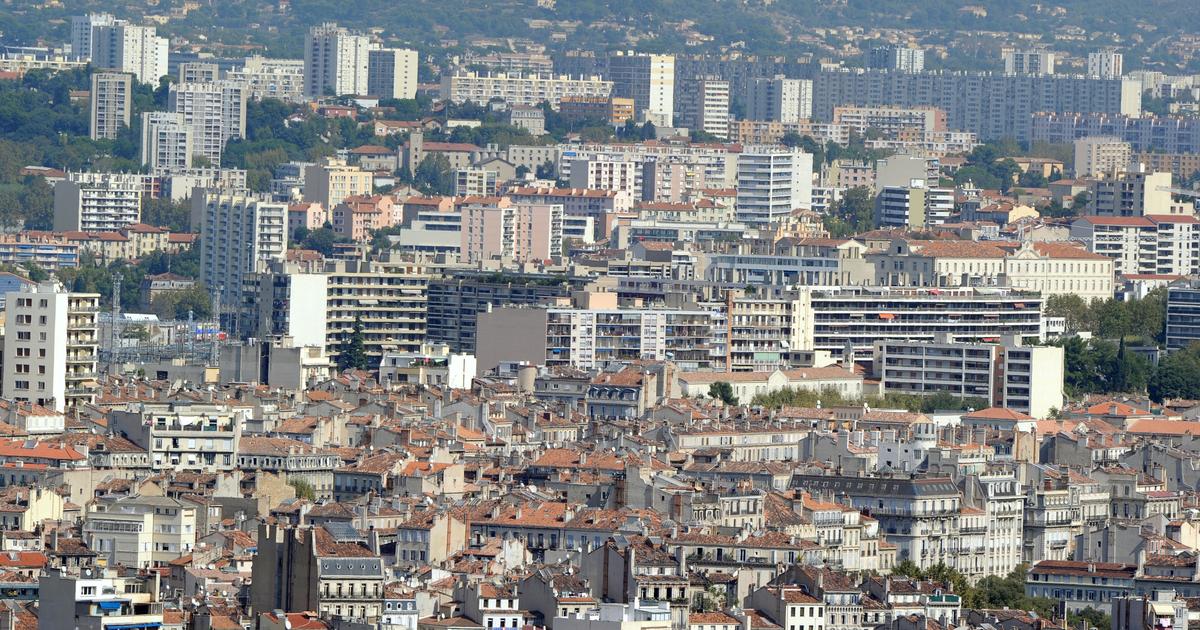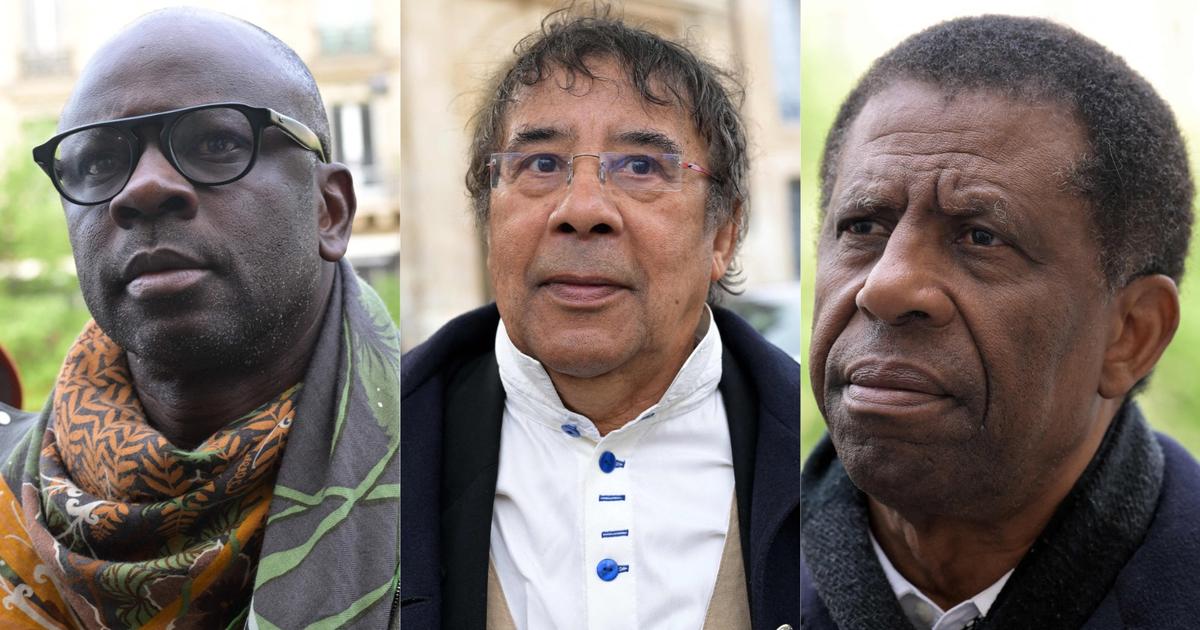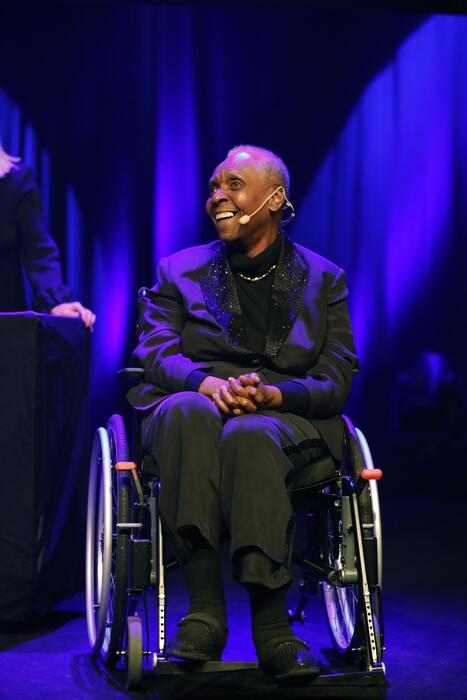There are Moroccan and French flags in this small place in Saint-Denis, four steps from the basilica where the kings of France are entombed and in the multicultural and impoverished suburbs of Paris.
Wine and tea are served.
Some twenty men and women have gathered at the headquarters of this Moroccan association.
Some, with the flags and red shirts of their country or that of their parents, others who want
les
bleus
to win , applaud when they score and shout when they approach the opponent's goal.
And others, who go with both and will be happy whoever wins.
They laugh, they joke.
Saouad Chaouih, general delegate of the Federation of Moroccan Associations in France, stands up and says: “We are in a democracy!
Express yourselves for one or the other!"
This is Saint-Denis;
this is France.
A France-Morocco is a derby, but a particular derby: brotherly.
Without the rivalry that would surround a France-Algeria, countries with a shared traumatic past, an unresolved history marked by colonization and its crimes, and by a bloody war of independence.
"I don't care about football, but I'm going with Morocco," says a 30-year-old Moroccan in Saint-Denis Rim.
“It is the hope that it gives to Africa, to the Third World…” “Me with France”, says Kenza, an 18-year-old French-Algerian-Tunisian, the only veiled woman in the association.
"But if Morocco wins I will be happy too, they are brothers."
With Morocco there are not so many pending accounts.
Morocco was a protectorate and independence was more placid.
French and Moroccan elites have maintained close collaboration ever since.
With parentheses: the suspicions of Moroccan espionage to the French president, Emmanuel Macron, with Pegasus, and the reduction by France of visas to Morocco have cooled relations.
A French fan celebrates the victory of her team in the streets of Paris.
JULIEN DE ROSA (AFP)
French fans walk the Champs-Élysées to celebrate France's victory over Morocco.
Thibault Camus (AP)
French fans make a corridor to a Police car in the streets of Paris.
Thibault Camus (AP)
French fans celebrate their team's victory on the Champs Elysees in Paris.
THIBAUD MORITZ (AFP)
Police cordon on the Champs Elysees.
GONZALO SOURCES (REUTERS)
French fans wave flares on the Champs-Elysees.
TERESA SUAREZ (EFE)
Police advance on the Champs Elysees.
GONZALO SOURCES (REUTERS)
And yet, there are no common Franco-Moroccan memories of episodes like that of the 2001 France-Algeria match at the Stade de France, when the stands booed
La Marseillaise
.
Some Frenchmen saw it as a national humiliation, proof that the republican school raised young people who hated their country.
Others concluded that it was a reflection of the failure of integration and endemic discrimination.
On the eve of France-Morocco some of these ghosts have resurfaced.
And there is the fear that the good atmosphere will end up cut short by the violence in the celebrations.
The Ministry of the Interior has mobilized 10,000 agents throughout the country, half in Paris.
There are politicians who have been fanning the division for days.
"I would like to know how the King of Morocco would react if thousands of Frenchmen came out in Marrakech to celebrate the victory of France," complained the ultra Éric Zemmour.
He alluded to the celebrations in Paris after each Moroccan victory, more massive than when France has won.
Algerians and Moroccans form the largest immigrant communities in France.
There are about 840,000 Moroccan-born residents in this country.
A part are binational.
To them must be added the children and grandchildren of immigrants, millions who had broken hearts.
They are an inseparable part of the French identity of the 21st century.
There is, in the identification of many of these Franco-Moroccans with Morocco, some affection for the roots of the elders;
of illusion, shared beyond the Moroccan borders, by the epic of David against Goliath.
There is more.
According to Chaouih, the head of the association in Saint-Denis, the support of the youth of the
banlieue
for the Reds is a message to France: "It is a challenge to the Republic," she says.
"They are illegitimate children before the father who does not recognize them or give them their place."
French fans next to the Arc de Triomphe on the avenue des Champs-Élysées after France arrived at the final of the World Cup in Qatar. thibault camus (AP)
Subscribe here
to our special newsletter about the World Cup in Qatar









